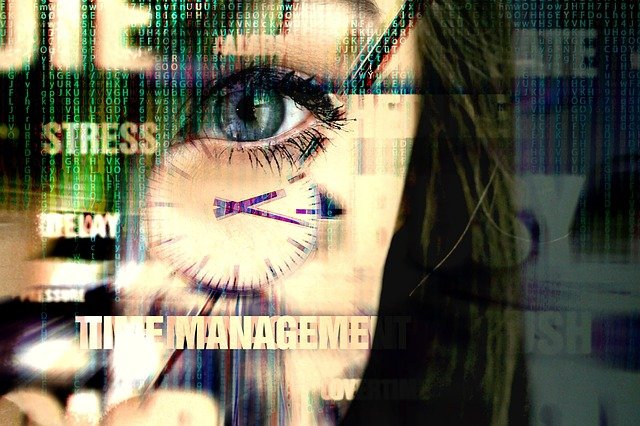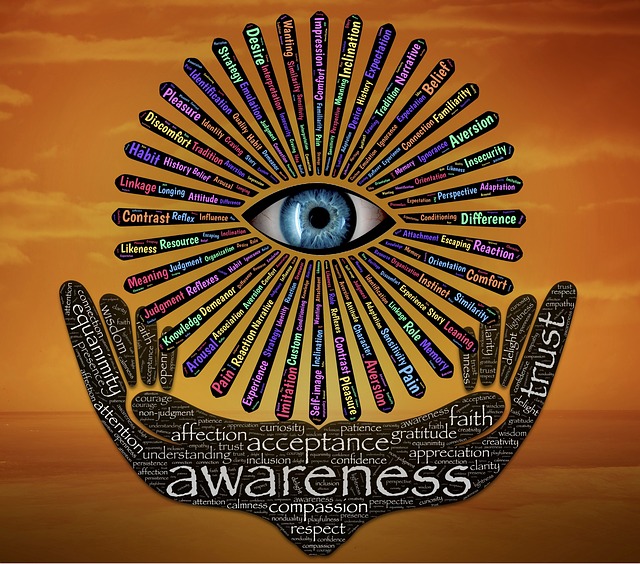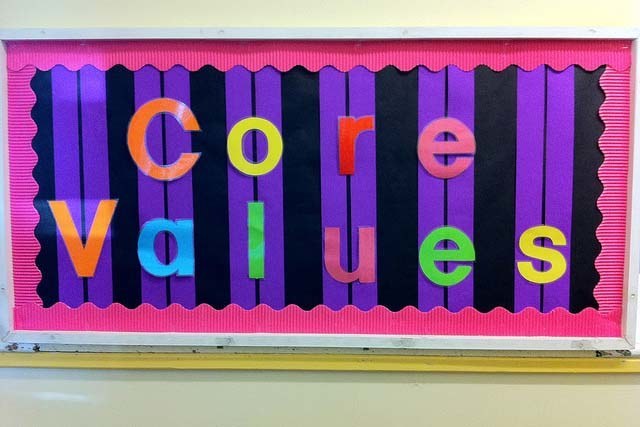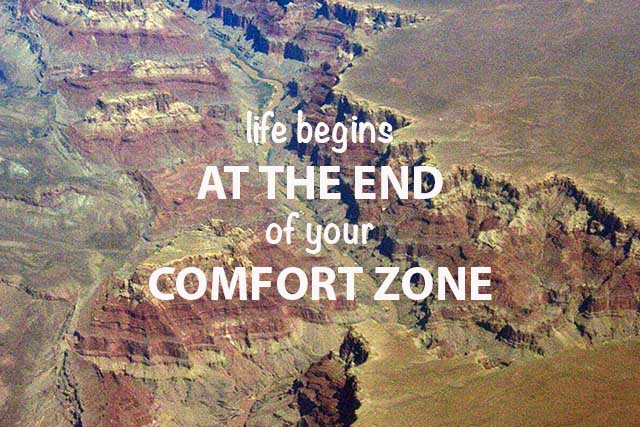I was recently in a meeting where the owner of the business was talking about trust. It was music to my ears when, at the same time, he and I mentioned transparency… a main ingredient in the trust recipe. Successful leaders (and I believe leadership is within all of us and occurs at all levels), whether they are leading an organization, a group they belong to, or leading their family, have enhanced success when they are transparent, that is, open, honest, and clear.
Trust is a foundational element in everything we do. It is the cement that holds everything together. It takes time to develop trust. We have to be willing to show vulnerability.
According to Management Concepts, “When you trust someone, what you make vulnerable can range from concrete things such as money, a job, a promotion, or a particular goal, to less tangible things such as a belief you hold, a cherished way of doing things, your ‘good’ name, or even your sense of happiness and well-being.” (Side note: To learn more about vulnerability look at the works of Brene Brown.)
Think of someone in your life that you trust. What is it that allows you to trust them? What exactly is it that they do?
I look at what people say, but more, what they do. In other words, do their actions match their words? I believe that when the words and actions match, that is “being in integrity.” Is the person honest? Are they being transparent?
Trust builds for different people in different ways. Some people trust quickly, and then, if there is a break in that trust the relationship shifts; while others look for the other person to earn their trust, experience by experience, forming a strong foundation for their relationship.
When we trust, we feel more comfortable and tend to share more. We are more willing to take risks and feel more confident with the people we trust. How much we trust and the way we trust depends on the relationships and experiences we’ve had.
As you build trust in your relationships, it generally is reciprocal and easier to trust with each experience. Collaboration is built on trust.
It is clear that without trust relationships don’t grow. Growth is sustained as time goes on, and, when someone breaks a trust we see it as a threat, and we then have less confidence in that person. Moving through the disappointment, we go into a protective mode that can drain and deplete our energy. The result can be very damaging, because of the loss – we can be temporarily less productive, have a lower morale, and even question our own judgment.
The upside however is great. Trust makes it easier to go through change and transition. We are less resistant and stronger in our beliefs.
What does trust look like to you?
Here are a few criteria to look at:
Mutual Respect: one of the most important blocks of our ABC’s. It is a behavior that is found in healthy relationships. When there’s mutual respect, it reduces stress, conflict, and increases communication, productivity, knowledge and understanding.
Character of a Person: consists of qualities that make them distinct from other people. In this case, being trustworthy, honesty, being a good person.
Reliability: being dependable, meeting commitments, and following through.
Consistency: always accurate and fair; what is said and the message delivered doesn’t contradict what was previously said, and the message is clear and the same.
Sincerity: as the saying goes, you say what you mean and you mean what you say; when someone expresses an opinion, it is known to be truly their own.
Competence: the ability, skill, and capacity to carry out what you say you’ll do.
Trust Your Gut: In different situations we get a signal from our gut intuition, something either feels right or it doesn’t. This creates a feeling of dissonance or resonance. It can make us wonder if we can trust or not.
Don’t ignore the signal that you feel in your body.
I feel dissonance in my gut. Others may feel it in other parts of their body. Don’t ignore this feeling. Use it as a guide. Trust yourself!
